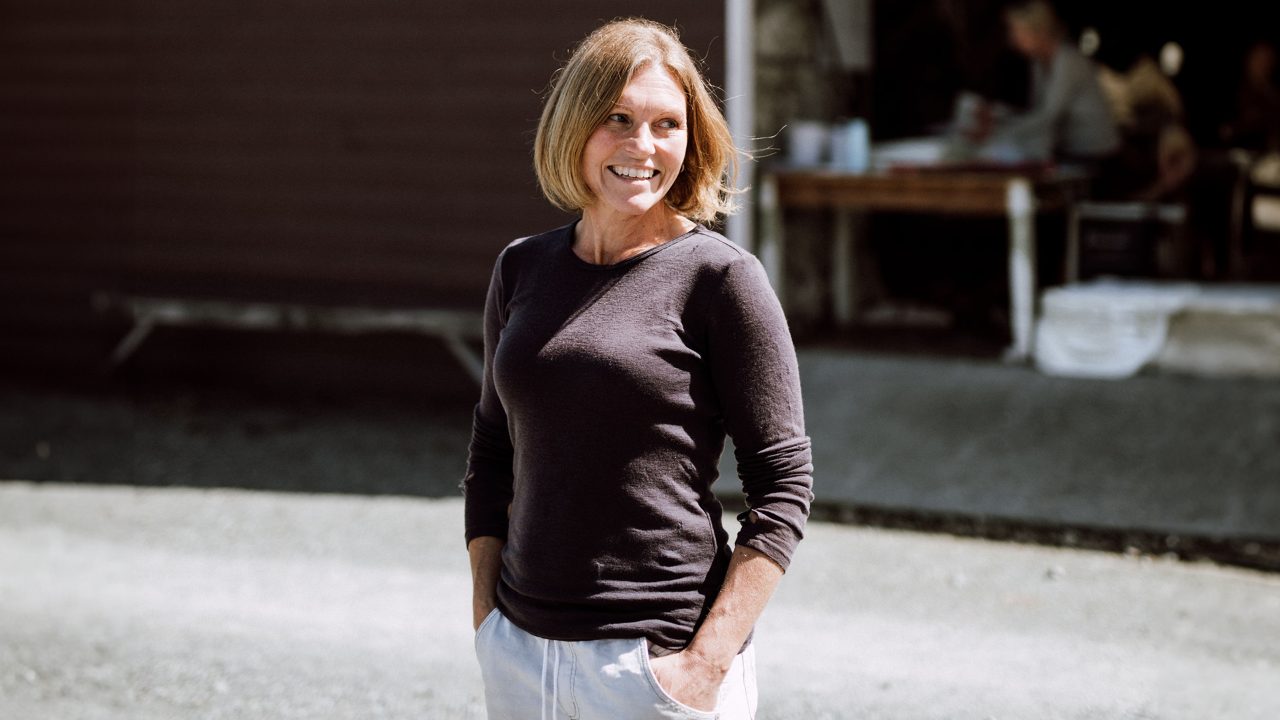There's a group of farmers in New Zealand that don't own all the underlying land they farm on, but they do own the improvements known as pastoral leases and they're renewed in perpetuity. So farmers feel like they own the land and they have long histories quite often with it.
Kate Cocks is the High Country Accord Chair representing these pastoral leaseholders and she specifically highlights the nature and history of pastoral leases in New Zealand. Cocks explains that these leases, which have been around since the 1860s, underwent significant changes post-World War II to provide farmers with more security and encourage investment in the land.
"In 1948, the Land Act was introduced and the structure of pastoral lease was changed... So that really changed the scene and... [it] let farmers invest in properties knowing that they would have them for a long period of time."
The conversation also touches on the current legislative complexities that high-country farmers face. Recent policies, like the National Policy Statement for Indigenous Biodiversity, impact how these farmers manage their land, which often includes large areas of native vegetation.
Cocks shares her concerns, noting that "you've got these vast areas of native vegetation which you use, but very sparingly," and the policy statement "will severely impact the continuation of viable pastoral farming in the high country."
The discussion reveals the importance of balance between environmental stewardship and the economic viability of farming practices, emphasising the need for legislation that acknowledges the unique nature of high-country farming.
Finally, the conversation touches on the role of LINZ (Land Information New Zealand) and its strategic intentions document, which serves as a business plan for managing pastoral leases. Cocks suggests that LINZ should enable farmers to be the true stewards of the land, allowing them to continue their vital role in land management and biodiversity conservation.
She advocates for a higher trust relationship between LINZ and farmers to ensure effective stewardship without overly restrictive regulations.
Cocks' participation in the High Country Accord Trust and her efforts to engage policymakers highlight the proactive approach that high country farmers are taking to ensure the future of their unique landscapes and way of life.
Listen to the full chat between Kate Cocks and Dominic George above.
To check out more episodes listen to the REX Podcast anytime on your favourite streaming platforms including Spotify, Apple Music and Rova or tune in to REX Mornings live on Magic from 5 am to 6 am every weekday.
Visit the Rural Exchange Facebook or Instagram page for more information and regular updates from the REX team.










